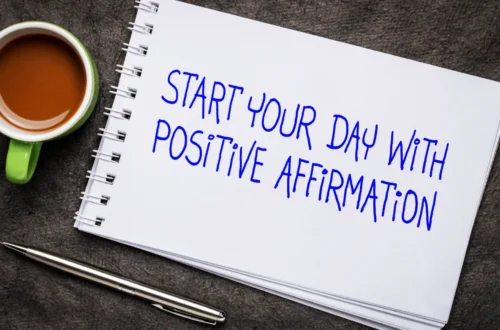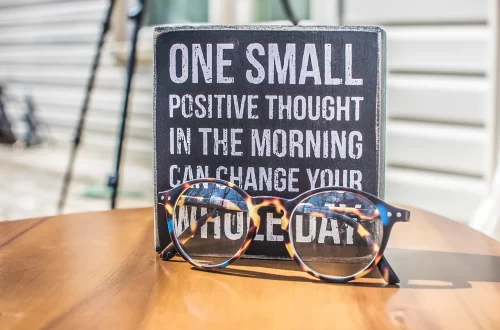
Unlock Listening Power: She Doesn’t Want Your Advice
It’s a common scenario: a woman shares her frustrations or concerns, and many men instinctively jump in with solutions. While this comes from good intentions, it’s not always what’s needed—or wanted. Often, women share their thoughts to process emotions or seek empathy, rather than advice. Therefore, understanding the power of effective listening in relationships can significantly improve communication, strengthen bonds, and ultimately make life more sophisticated.
The Habit of Offering Solutions
The urge to fix things is natural, especially for those who see themselves as problem-solvers. However, this habit can often lead to misunderstandings or even frustration. It’s important to recognize that not every problem requires an immediate solution. Sometimes, what’s needed most is a listening ear and an open mind. By resisting the impulse to fix, you allow the other person to express themselves fully, which, in turn, can have a profound impact on the quality of your relationships.
The Power of Active Listening in Relationships
Active listening, on the other hand, has the potential to transform conversations. Instead of focusing on your response or how to help, try to fully understand what the other person is saying. This means giving your full attention, nodding along, and responding with empathy rather than solutions. For instance, phrases like “That sounds tough” or “I understand how you feel” show that you are truly listening and valuing her perspective. Consequently, this approach not only fosters deeper connections but also demonstrates that you respect and care about her feelings. Developing effective listening in relationships not only enhances communication but also fosters mutual respect and trust.
To explore more on how effective listening can not only improve your relationships but also make you a more engaging and memorable person, check out our article on Becoming a More Interesting Person: Techniques and Tips for Making a Lasting Impression.
Recognizing the Need for Empathy
Furthermore, empathy is all about connecting with someone’s emotions. It’s not about agreeing with everything they say or trying to fix their problems; rather, it’s about validating their feelings. When a woman shares something with you, try to imagine how she feels. Acknowledge those feelings, and resist the urge to offer solutions unless she specifically asks for them. Practicing empathy is a crucial part of effective listening in relationships. It’s this emotional connection that can, in fact, turn a simple conversation into a meaningful exchange that strengthens your bond.
Practical Tips to Break the Habit
- Pause Before You Speak: When someone shares their problems, take a moment to pause. Ask yourself if what you’re about to say is truly helpful or if it might be better to just listen. This brief pause, after all, can make all the difference in your response.
- Ask Open-Ended Questions: Instead of jumping in with advice, ask questions that encourage the other person to share more. Questions like “How did that make you feel?” or “What do you think you’ll do next?” show that you’re genuinely interested in their perspective. As a result, these questions invite deeper dialogue and help the other person feel truly heard.
- Practice Reflective Listening: Repeat back what the other person has said in your own words to show you understand. For example, “So, you’re feeling frustrated because…” This helps the speaker feel validated and often leads to deeper conversations. Reflective listening, therefore, reinforces the idea that you are engaged and present in the conversation.
Activities to Build Better Communication Skills
To truly improve your communication skills, consider engaging in the following activities:
1. Mindful Listening Exercises:
Set aside time with your partner or a friend where the focus is purely on listening. One person speaks, and the other listens without interrupting or offering advice. Afterward, discuss how it felt to be truly heard and to listen without the pressure of responding. This exercise can help build awareness of your listening habits and encourage more mindful interactions.
2. Journaling:
Reflect on your conversations by journaling about them. Consider how often you offer solutions and how you can shift your approach to be more empathetic and supportive. This can be a powerful way to become more self-aware. By tracking your progress, you can see how your communication style evolves over time.
3. Role-playing Exercises:
This might feel a bit awkward at first, but practicing different scenarios with a friend or partner can help you get comfortable with active listening and responding with empathy. It’s a safe space to make mistakes and learn. Through role-playing, you can experiment with different approaches and see what works best for you.
By incorporating these activities into your routine, you’ll gradually build stronger communication skills and deepen your connections with others. Over time, these small changes can lead to more meaningful and fulfilling relationships, enhancing your ability to truly listen and support those around you.
Transform Your Conversations
As you work on improving effective listening in relationships, you’ll notice how it positively influences the overall dynamics between you and your partner. Changing the habit of offering solutions takes time; however, the benefits are well worth the effort. By focusing on active listening and empathy, you can significantly improve your relationships and create a more supportive environment. Understanding the power of effective listening in relationships means that the next time someone shares their thoughts or feelings with you, remember that sometimes the best thing you can offer is simply your attention and understanding.





